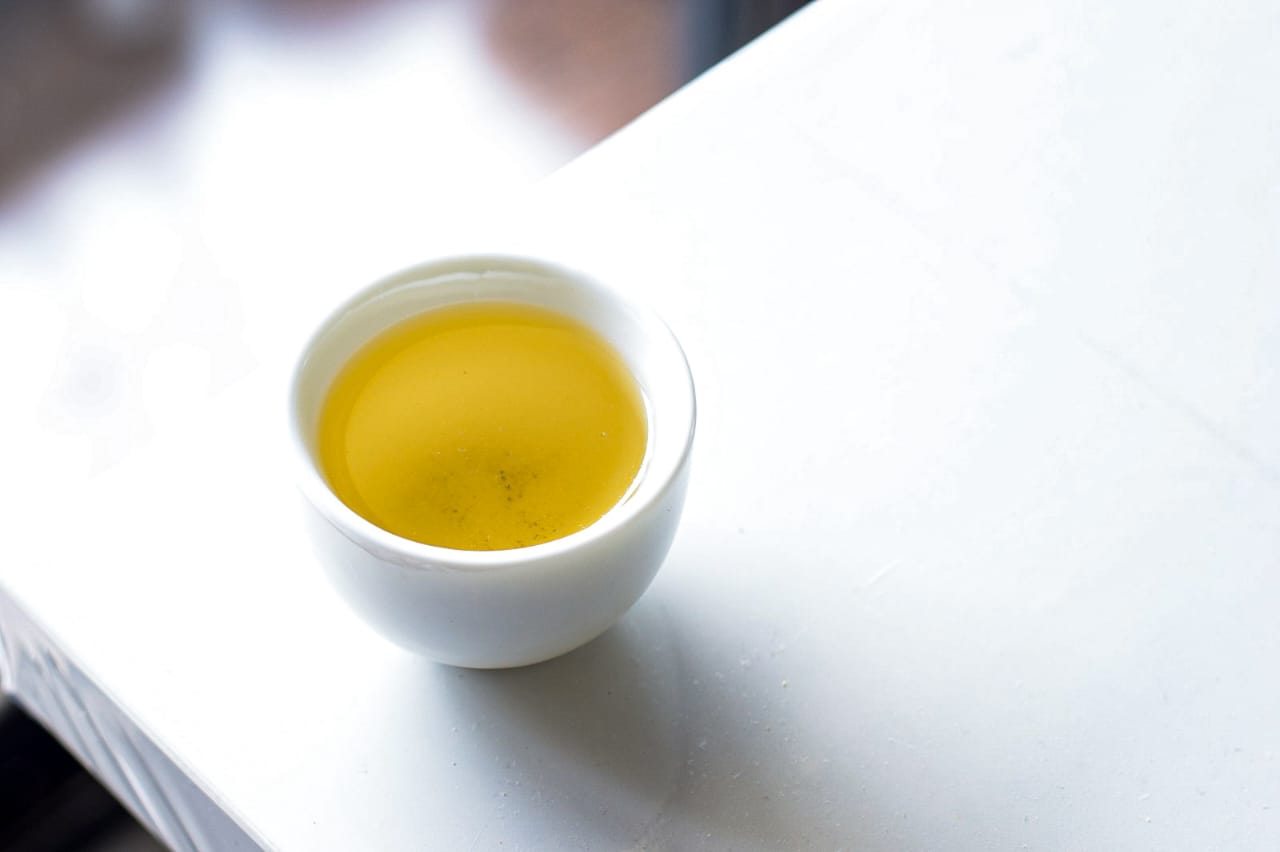White tea has become very popular over the last few years. It is one of the most delicate teas in the world. It is said to have originated in China more than 4,000 years ago, and it is still the favorite of many tea drinkers around the world. White tea is also known for being lower in caffeine than other types of tea. This makes it a great choice for those who want to enjoy the taste of tea without the added buzz of caffeine. It also has several health benefits. Read the blog to know all about white tea.
How is White Tea Made?
White tea is one of the most delicate and exquisite teas in the world. It is made from the youngest and freshest leaves of the Camellia sinensis plant, which is the same plant used to make green and black teas. White tea is minimally processed and is known for its delicate flavor and health benefits.

The process of making white tea begins with the harvesting of the tea leaves. The young buds and leaves of the Camellia sinensis plant are hand-picked and only the most tender leaves are chosen. The leaves are then withered and dried in the sun or in a warm room. This process helps to reduce the moisture content of the leaves and helps to bring out the delicate flavor of the tea.
The next step in the process is oxidation. During oxidation, the leaves are exposed to the air, allowing the leaves to oxidize, which helps to bring out the flavor of the tea. This process is very similar to the process used to make black tea, but it is not as intense. White tea is only oxidized for a short period of time and is not allowed to oxidize for too long, as this will cause the tea to become bitter.
The last step in the process is drying. The tea leaves are dried in the sun or in a warm room until they reach the desired moisture content. This process helps to preserve the delicate flavor of the tea and helps to ensure that the tea will stay fresh for a longer period of time.

Popular health benefits of drinking White Tea regularly:
1. Antioxidants: White tea is rich in antioxidants, which are compounds that help protect the body from cell damage caused by free radicals. These antioxidants can help reduce inflammation, which can lead to a healthier heart and lower the risk of chronic diseases.
2. Heart Health: White tea can help reduce cholesterol levels and improve heart health. Studies have shown that drinking white tea can lower blood pressure and reduce the risk of stroke and heart attack.
3. Weight Loss: White tea is a great tool for weight loss. It can help boost your metabolism and increase your energy levels, making it easier to stay active and burn more calories.
4. Stress Relief: White tea can help reduce stress and anxiety. It can help relax your body and mind, allowing you to better manage stress and worry.
5. Immune System: White tea can help boost your immune system, helping you fight off infections and illnesses.
How Does White Tea Taste:
So, what does white tea taste like? Many people describe white tea as having a subtle sweetness with a light, refreshing taste. The flavor is similar to green tea but is much lighter and more delicate. Those who have tried white tea often describe it as having a floral and grassy flavor profile, with notes of honey, citrus, and even vanilla. White tea is also known for its beautiful color and aroma is truly unique.
White tea is best when it’s prepared correctly. To get the most out of your white tea, it’s important to use fresh, filtered water and a temperature of 160-180 degrees. Steep the tea for 2-3 minutes before enjoying its flavor. White tea can also be enjoyed cold and is often blended with other flavors to create unique and delicious iced teas.
So, next time you’re in the mood for something new, give white tea a try!
[…] very minimally processed. White teas are harvested before the tea leaves open fully. The taste of white tea can differ from brand to brand depending on how long the white tea is aged or the time of […]